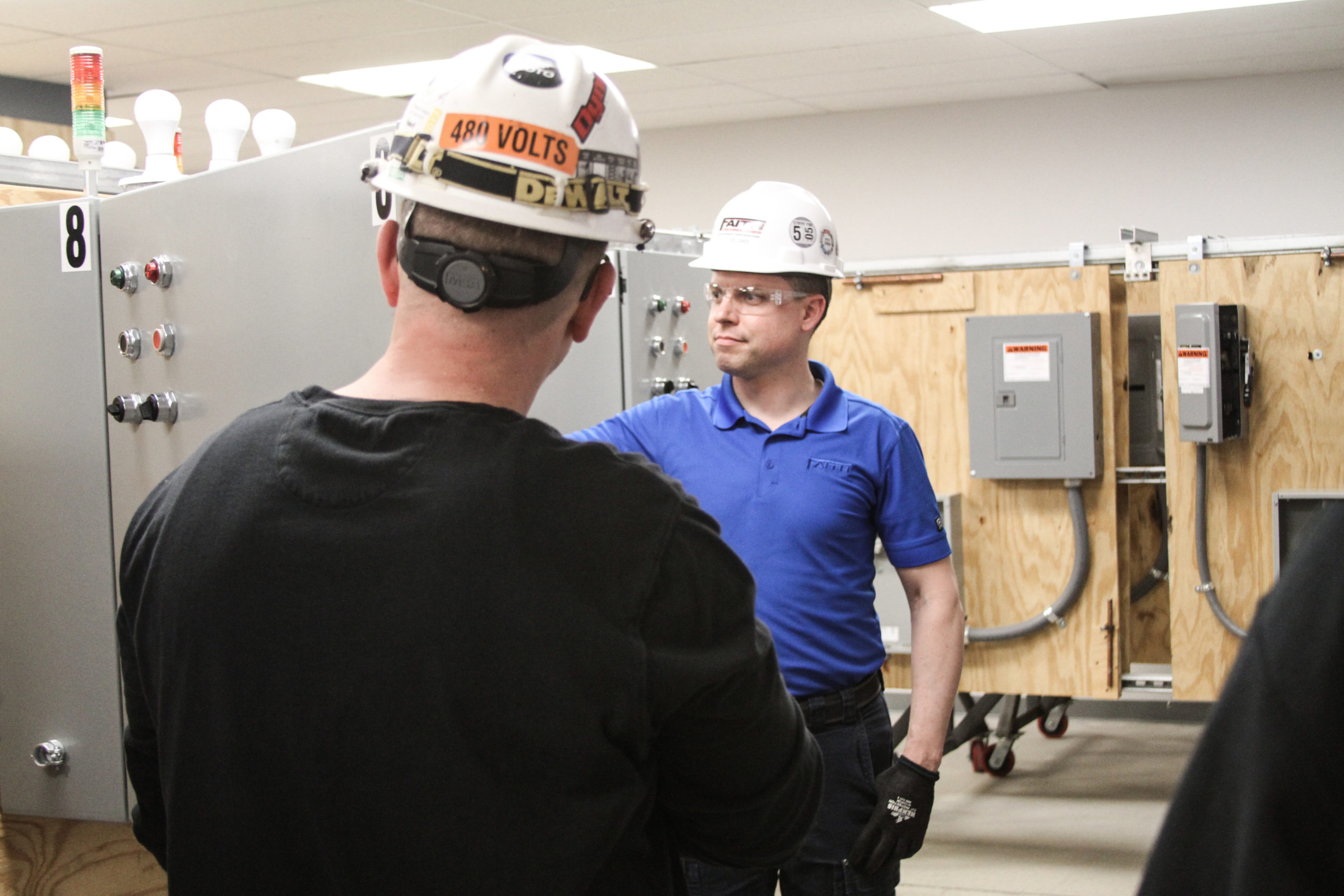07.21.2021
Making Time to Build the Bench
 “Opportunity knocks more frequently than you might realize, but we’re often too busy to answer the door.” This is a sentiment that was shared with me by leaders I had when working in the field as a technician at Faith Technologies. It was often offered as advice or a bit of wisdom when I’d find myself feeling unchallenged or needing to grow. Those same conversations would eventually flow into topics about “building the bench,” or “have you trained your replacement yet?”
“Opportunity knocks more frequently than you might realize, but we’re often too busy to answer the door.” This is a sentiment that was shared with me by leaders I had when working in the field as a technician at Faith Technologies. It was often offered as advice or a bit of wisdom when I’d find myself feeling unchallenged or needing to grow. Those same conversations would eventually flow into topics about “building the bench,” or “have you trained your replacement yet?”
In theory, it’s simple to understand the benefits of training your replacement – it allows you to move on to new opportunities – but it’s commonly much more difficult to execute. Here are a few best practices in building the bench that I’ve learned and shared over the years.
- Plan Ahead. While planning work on the job site or in the office, intentionally create training opportunities in your daily tasks for others on your team. When learning new skills, most people struggle when provided theoretical examples or questions, but they thrive when facing real tangible challenges. By involving others during those challenges, even those that you may consider mundane, you broaden others’ repertoire of lived experiences and re-write their perspective on what they think they might be capable of, which may inspire them to want to take on more.
- Share Knowledge and Offer Wisdom. Your knowledge should not be closely guarded like some kind of trade secret, but instead, think of it as your responsibility to purposefully pass it on. Wisdom often comes from “learning the hard way,” and passing on those lessons is a way to help others learn from mistakes you may have made and avoid repeating them. This may sound a lot like serving as a mentor to others, but a common pitfall with mentorship can be waiting for somebody to officially declare a formal mentor/mentee relationship before you start educating others with your life experiences. Instead, expect informal mentorships to form naturally by treating everyone as a potential mentor/mentee regardless of their experience or status. There is something to be taught to and something to be learned from everyone you meet.
- Be Transparent. When I was an apprentice working in the field, I thought my leaders knew it all and had seen it all. The closer I got to know them, the more I learned that during times of success, good leaders would show humility, honesty and give credit where it was due. In times of adversity, they would show vulnerability, understanding and ownership. That openness and transparency helped me visualize myself in their positions and gave me the confidence I would need to make the same decisions if I were in their place.
Be intentional and strategic about how you involve others in your work and in turn, show willingness to get involved in the work of others. Benjamin Franklin said, “Tell me and I forget. Teach me and I remember. Involve me and I learn.” As a technical training manager, my mission is to build talent for the future. Apprentices and others entering the industry today will become the leaders of tomorrow, but only if they make time to build the bench first.
If you enjoyed this blog article, please subscribe to stay up to date on the latest industry news from our experts at Faith Technologies.




